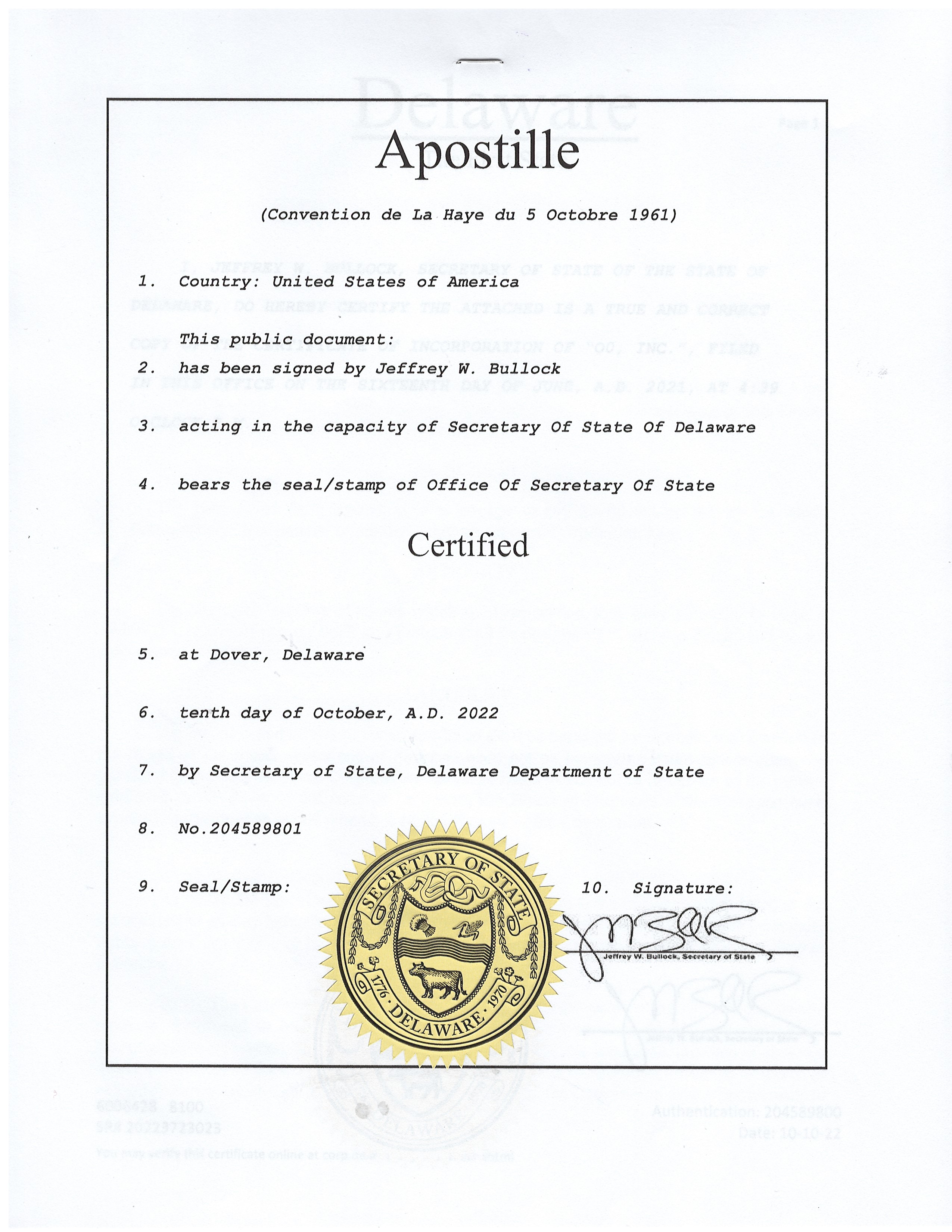Relied On Apostille Providers in Houston, Texas - Quick Turnaround
Relied On Apostille Providers in Houston, Texas - Quick Turnaround
Blog Article
Digging Into the Reasons Behind the Necessary Requirement of Apostille Certification for Legal Documents
In the world of lawful documents, the mandatory requirement of apostille certification has actually come to be an important aspect that considerably impacts the validity and recognition of lawful documents on an international scale. Recognizing the reasoning behind this requirement includes delving right into the detailed web of legal complexities, historic criteria, and worldwide agreements that emphasize the relevance of apostille accreditation in today's interconnected globe. By checking out the underlying factors behind this widespread requirement, a more clear image emerges of why this relatively administrative process holds such tremendous relevance for individuals, organizations, and federal governments alike.
Historical Evolution of Apostille Qualification
How did the principle of apostille accreditation advance gradually to become an important part of international paper validation? The historic development of apostille accreditation days back to the early 20th century. The demand for a simplified technique of validating papers for usage throughout borders ended up being apparent as worldwide profession and travel boosted. In response to this need, the Hague Meeting on Private International Legislation presented the Apostille Convention in 1961. This global treaty developed a structured process for accrediting the credibility of files to be acknowledged in participant countries.
Initially taken on by a couple of European countries, the Apostille Convention progressively got international acceptance due to its performance and efficiency in validating the authenticity of official documents. Over the years, the convention's reach expanded as even more countries signed up with, acknowledging the apostille as a globally approved type of record verification. Today, apostille accreditation has actually become a standard requirement for confirming legal documents in international transactions, making certain smooth communication and lawful process in between countries.
Simplifying International File Legalization
The streamlining of international file legalisation procedures has dramatically enhanced effectiveness in cross-border purchases. Streamlining the procedure of legislating files for worldwide usage has become crucial in helping with swift and smooth transactions in between nations. One of the essential devices that have actually contributed to this simplification is the adoption of the Apostille Convention, which offers a standard approach for verifying the authenticity of files throughout getting involved countries.
By sticking to the Apostille needs, countries accept acknowledge each various other's public records as legitimate without the demand for further legalization. This removes the frequently cumbersome and prolonged process of multiple verifications by various authorities, conserving time and sources for people and businesses involved in global activities.

Guaranteeing Document Credibility and Legitimacy
To ensure the authenticity and legitimacy of lawful papers in international deals, stringent verification procedures are important. By calling for apostille certification for lawful papers, authorities intend to confirm the origin of papers and validate the signatures of people entailed.
Furthermore, confirming the authenticity of legal documents through apostille certification improves count on and self-confidence among parties engaging in global purchases. Eventually, by maintaining stringent confirmation criteria, apostille accreditation adds to a more secure and clear global legal structure.

Facilitating Cross-Border Legal Recognition
In the realm of international purchases, the apostille qualification not just makes sure the authenticity and validity of lawful records yet additionally plays an essential function in facilitating cross-border lawful acknowledgment (Houston Apostille). When legal documents birth an apostille certificate, they are easily accepted by foreign authorities without the demand for additional verification. This structured process speeds up the find this acknowledgment of papers in different countries, advertising effectiveness and reducing governmental obstacles in legal issues that transcend nationwide boundaries
Helping with cross-border legal acknowledgment with apostille qualification fosters trust and self-confidence in the authenticity of records traded in between countries. This acknowledgment is particularly critical in situations such as global service transactions, fostering processes, or lawful procedures entailing events from different territories. By sticking to the requirements stated by the Apostille Convention, nations concur to recognize the apostille seals attached to records from other participant nations, thus streamlining the procedure of legal acknowledgment throughout borders. Eventually, the apostille certification functions as a basic tool in promoting smooth global legal participation and ensuring the smooth operation of cross-border purchases.
Compliance With International Treaty Criteria
Conformity with global treaty requirements is necessary for making sure the wikipedia reference uniform application of legal guidelines across participating countries. The Apostille Convention, developed in 1961, describes the requirements for the approval of public papers among participant countries.
The Apostille certification, as mandated by the treaty, works as an assurance of authenticity for documents such as birth certifications, marriage licenses, court judgments, and notarized deeds. This standard method aids protect against fraud and makes sure that lawful documents originating from one member country are easily approved in one more. Furthermore, by abiding with worldwide treaty standards, countries demonstrate their dedication to upholding the principles of openness, depend on, and cooperation in lawful matters on a worldwide scale.
Conclusion

In the realm of lawful documents, the obligatory need of apostille certification has come to be an essential element that substantially influences the validity and recognition of legal papers on a worldwide range. Today, apostille qualification has actually become a basic demand for verifying lawful documents in global purchases, guaranteeing smooth interaction and legal procedures in between countries.
Additionally, validating the credibility of lawful papers via apostille qualification boosts trust and confidence amongst events involving in global purchases.In the world of worldwide deals, the apostille certification not only guarantees the authenticity and validity of legal records useful link yet additionally plays an essential function in helping with cross-border legal recognition. By adhering to the requirements set forth by the Apostille Convention, nations concur to recognize the apostille seals attached to documents from various other participant countries, thus simplifying the process of lawful recognition across boundaries.
Report this page